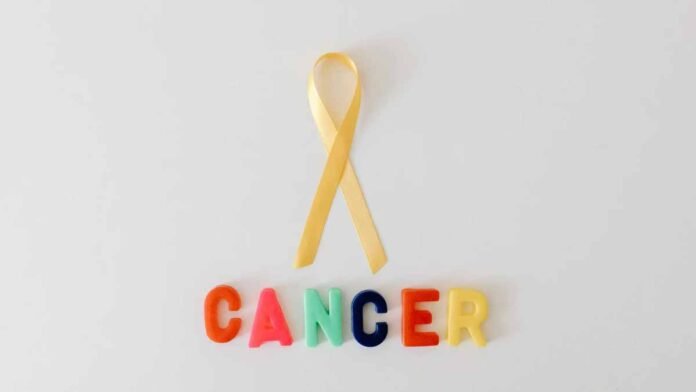Cancer is a fatal condition caused by excessive cell development, affecting various organs. Early detection is crucial to prevent insurmountable damage. Seeking medical attention is essential to prevent further damage.
Cancer is a dreadful disease that, if not detected early enough, can prove fatal. Simply put, it is the excessive and undesired cell development. When a set of cells is impacted, the aberrant proliferation of those cells causes fast, nearly uncontrollable expansion. Skin, throat, lungs, breast, liver, stomach, and almost every other organ can acquire cancer. Cancer may be fatal. Be cautious and watch for indicators of this condition to stop it before it does too much damage:
First, check for mouth, lip, and tongue sores. Smoking, sharp teeth edges, and incorrectly sized dental plates can cause cancer if left untreated.
Intestinal changes or dyspepsia may also be caused by malignancy. People often do not notice indigestion. Bu, you must visit a doctor, if the indigestion happens for a long time.
You should be concerned if you have unusual bleeding from any orifice in your body. Common indicators of cancer include bleeding from the rectal area, bloody cough, and vomiting blood. Bleeding after menopause or in between periods is the most obvious symptom of uterine cancer in women in particular.
Any abnormally felt lumps or tumors should be checked out by a doctor very away. Breast lumps are one of the earliest indicators of breast cancer in females.
Coughing that is persistent and lasts an unusually long time may indicate laryngeal cancer.
Everyone wants to lose weight, but an unusually rapid weight reduction might also raise concern.
Conclusion
Cancer is a fatal condition caused by excessive cell development, affecting various organs in the body. It can develop insurmountable prognosis, causing life-threatening consequences. To detect cancer early, be vigilant and pay attention to sores, bowel habits, indigestion, unusual bleeding, and abnormal lumps or tumors. Women should be especially concerned about bleeding after menopause or between periods. Prolonged coughing may indicate laryngeal cancer, and rapid weight loss may raise red flags. It is crucial to address these signs to prevent further damage and prevent the spread of cancer.



